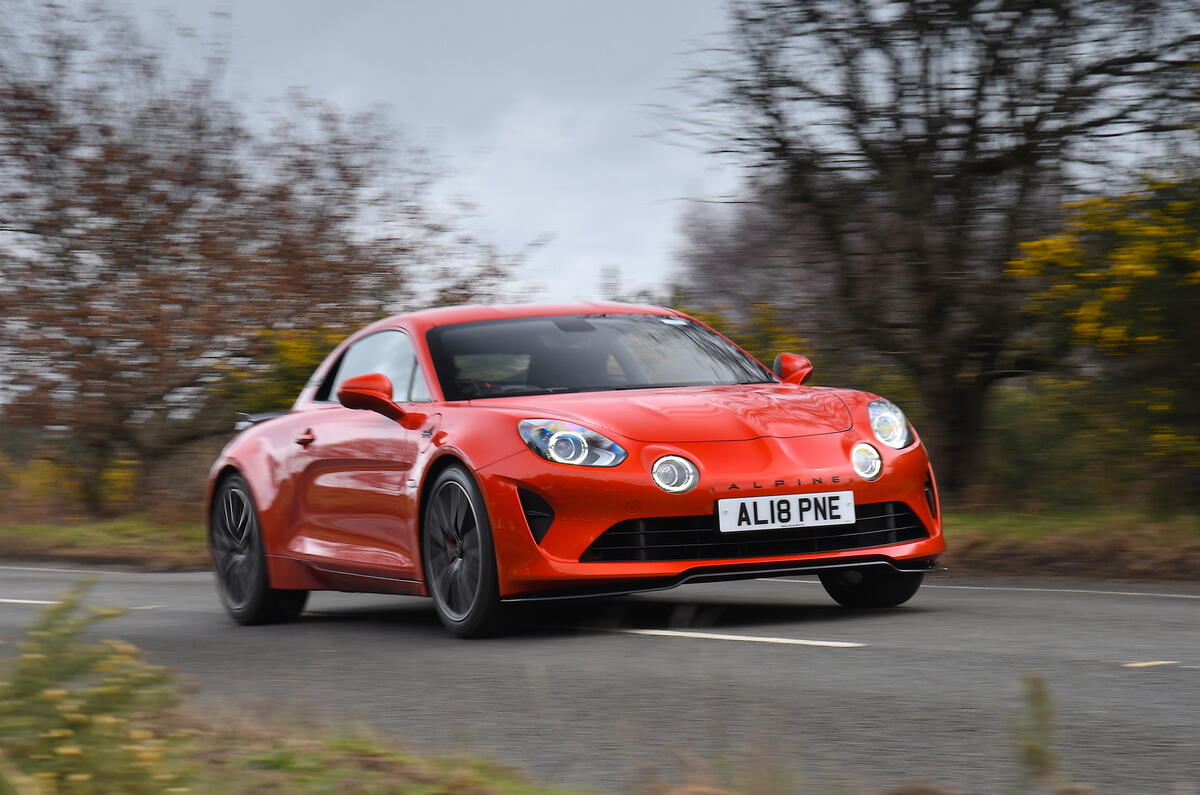The UK’s car insurance industry recently began using a new assessment system that is intended to give insurers a far more detailed view of risk, scoring each car from 1 to 99 in the areas of performance, damageability, repairability, safety and security.
This replaced a grouping system unchanged since 2009 but said to have first emerged half a century ago – although that part is true only in a formal sense.
Take this letter to Autocar by ‘Disgusted of Bearsden’, written in 1938, eight years after car insurance became mandatory: “I have been insured since 1918 and never had a single penny from any insurance company, yet because I purchase a Speed 20 Alvis, my company tell me they can no longer cover the risk to my passengers.
There is nothing to prevent me buying a large American car, even faster than the Alvis, yet it is not penalised because it is not a ‘sports’ car.”
The editor replied: “The cost of repairs tends to be higher in cars that are not mass-produced. This involves increased premiums for an equal accident risk.”
An underwriter seethed in reply: “Your correspondent seems a typical ‘sports car’ owner, entirely concerned with himself. Records of insurance companies will show him that ‘sports cars’ have proved a very bad risk and do not pay at ordinary rates. ‘Sports cars’ are purchased by people who try to get their sport on our roads. Let the sporty boys keep to the track.”
Forward 20 years and this from a columnist shows little had changed: “If a high-performance, two-seater sports car is made available at a price which many young men could afford, the car is likely to get such a bad name and therefore bad record in insurance circles, that it in turn becomes virtually uninsurable.
Enjoy full access to the complete Autocar archive at the magazineshop.com
"What matters to insurance people, who must be entirely impersonal, are the model’s accident record and the owner’s age.”
The formalisation of vehicle risk assessment began in 1966, as the Accident Offices Association (AOA), representing 90 insurance companies with three million clients, devised a ‘new deal’.
Autocar believed “the process by which insurers have in the past ‘blacked’ a car even before it had a record, and regardless of driver, was (and still is) a bad and unfair one” and hoped “a gradual change for the better is on the way”.
But while the AOA “recognised that there should be greater incentive and reward for good, accident-free driving” and would be able to offer this thanks to advancements in computing, it also penalised cars “of higher than average performance” when sorting them into seven groups.
Furthermore, foreign cars were usually pricier than British ones to insure, despite “tremendous improvement in importers’ organisations and their dealer networks” in many cases.
This was a difficult time for the UK’s insurance industry: as car ownership soared, up to 100 new companies piled into the market, pulling down premiums and profits – and many of them quickly failed.






Join the debate
Add your comment
"How insurance went from anecdotal to scientific" ... to total scum.